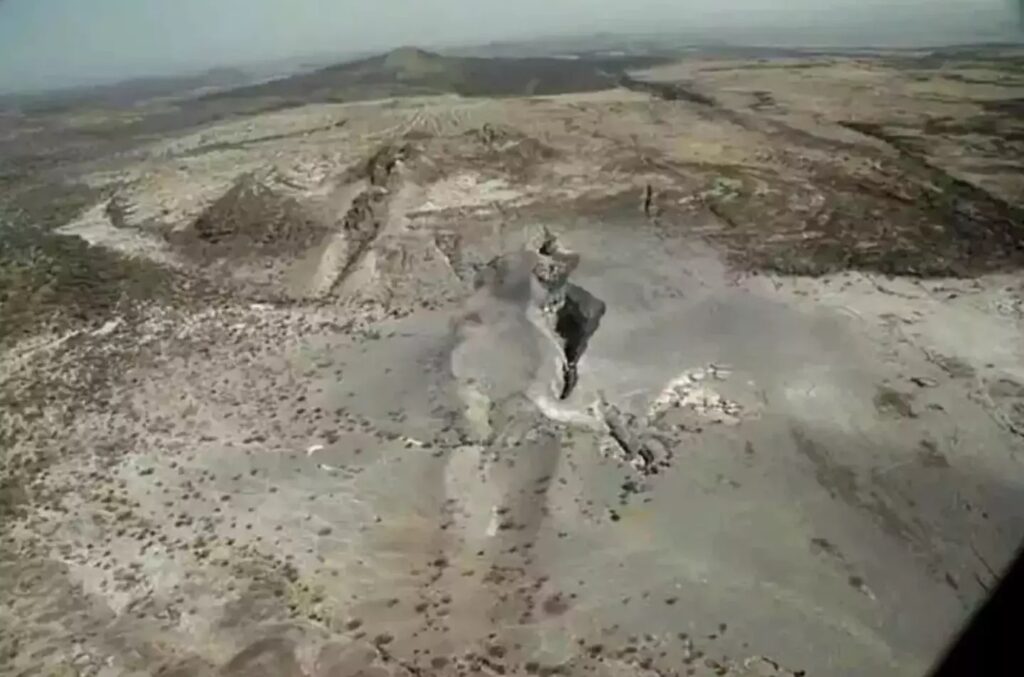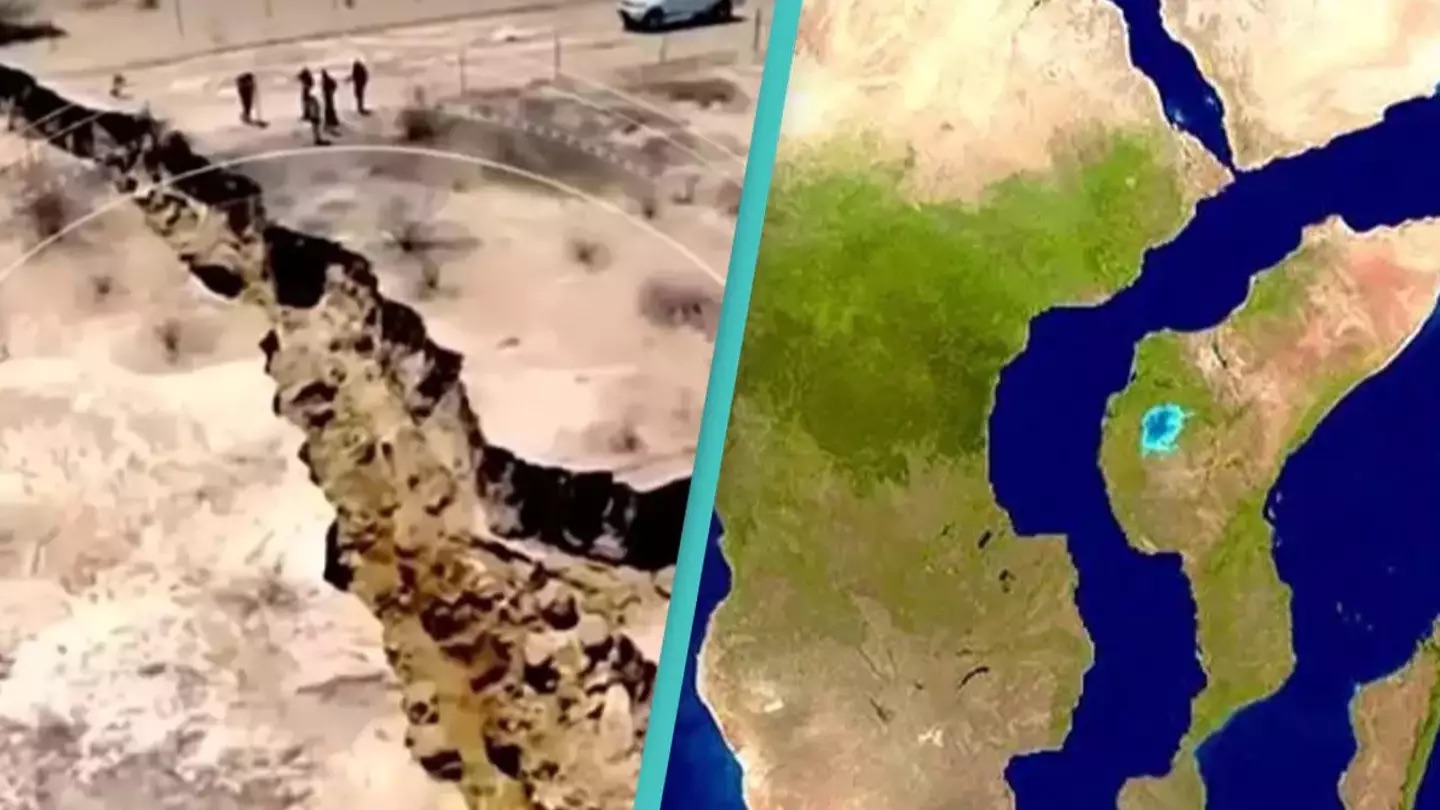A geological process is slowly setting the stage for Earth’s sixth ocean. Despite extensive study, scientists continue to uncover new details about our planet. Recently, they observed that two landmasses on Earth’s second-largest and second-most populated continent are gradually moving apart.
This separation is creating conditions for a future ocean to pass between them. If this process continues, countries like Zambia and Uganda—currently landlocked—could eventually gain coastlines. While many Earth changes are too slow to notice, tectonic plates are constantly shifting beneath the surface.

The Earth’s lithosphere, which includes the crust and upper mantle, is divided into several tectonic plates. In one region, the movement of these plates is reshaping the land. The African continent is beginning to split, leading to the formation of a new ocean, as reported in the journal Geophysical Research Letters.
This rift lies where the African, Arabian, and Somali plates meet. For the past 30 million years, the Arabian plate has been gradually pulling away from Africa. Meanwhile, the Somali plate is also slowly shifting, creating a divide through the East African Plate. Advances in GPS technology allow scientists to precisely track these movements.
Ken Macdonald, a marine geophysicist at the University of California, explained, “With GPS, we can measure movement rates down to millimeters per year. More GPS data helps us better understand this process.”

Macdonald noted the broader impact, saying, “The Gulf of Aden and the Red Sea will eventually flood the Afar region and East African Rift Valley, forming a new ocean and creating a separate small continent in East Africa.” Although this transformation is millions of years from completion, experts confirm it is already underway.
